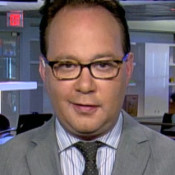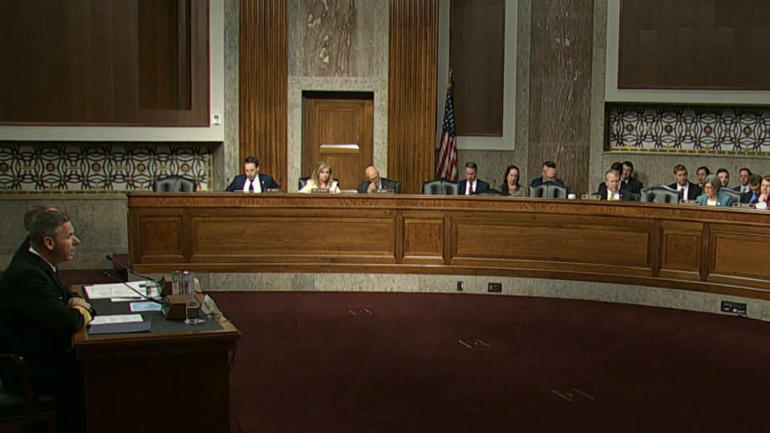Top U.S. military commanders report a ‘palpable’ decline in tension on the Korean peninsula.
More than a year has passed since Pyongyang’s last known nuclear or missile test.
The military leaders told legislators that President Trump’s planned meeting with Kim Jong Un in Hanoi, Vietnam, Feb. 27-28, is a ‘positive sign’ – but they caution, threats still remain in the Pacific region.
CGTN’s Nathan King reports.
A U.S. Senate Armed Services Committee hearing provided military commanders a chance to give their assessment of the situation on the Korean peninsula.
Admirals and generals said despite a pause in nuclear and missile testing from the Democratic People’s Republic of Korea, the U.S. military exercises continue to conduct training exercises alongside South Korean troops.
“It’s decreased the chance of mistakes, miscalculation, and it’s continued to preserve space for the main effort – the Department of State to continue along this road of negotiations and discussions with the DPRK,” General Robert Abrams, Commander of U.S. Forces Korea said.
As #ironsharpensiron, so exercise #ForestLight 19.2 brings @PacificMarines together with members of @JGSDF_pr to sharpen each other with such things as #UAS, #MCMAP, and #IED demonstrations and classes. pic.twitter.com/LP8FMAh4u2
— U.S. Indo-Pacific Command (@INDOPACOM) February 12, 2019
Military commanders largely backed intelligence officials who recently told the U.S. Congress that the DPRK remained a big threat to the U.S.-contradicting rhetoric from the U.S. president.
The hearing also addressed Russia and China’s military posture in the region.
The head of U.S. Pacific Command said that the U.S. withdrawal from the Intermediate Nuclear Forces agreement with Russia could give Washington more flexibility to counter growing Chinese capabilities.
“China has been since they are not party to the INF treaty has been investing in the kinds of weapons that create a serious challenge to us – over 95 percent of their ballistic missiles would not be permitted under the INF treaty – for us to have a land-based component for that kind of capability restores maneuver to the force,” Adm. Phil Davidson, Commander of U.S. Indo-Pacific Command said.
Davidson added that he thinks China represents quote “greatest long-term strategic threat to a free and open Indo-Pacific and to the United States.”
His views reflect the change in U.S. defense strategy, which is now more focused on what Washington calls great power competition than on combatting terrorism.
Live from the Senate Armed Services Committee hearing of Adm. Phil Davidson, US #IndoPacific Command. #SASC
https://t.co/Xv8mp5fJU5— U.S. Indo-Pacific Command (@INDOPACOM) February 12, 2019
The hearing suggests that the U.S. military, while helping provide space for talks between the U.S. and the DPRK, continues to ramp up its presence when it comes to countering Russia and China in both the Indian and Pacific Oceans. The hearing called for a larger U.S. Navy-and continued pressure on China’s sovereign claims in the South China Sea.
 CGTN America
CGTN America

